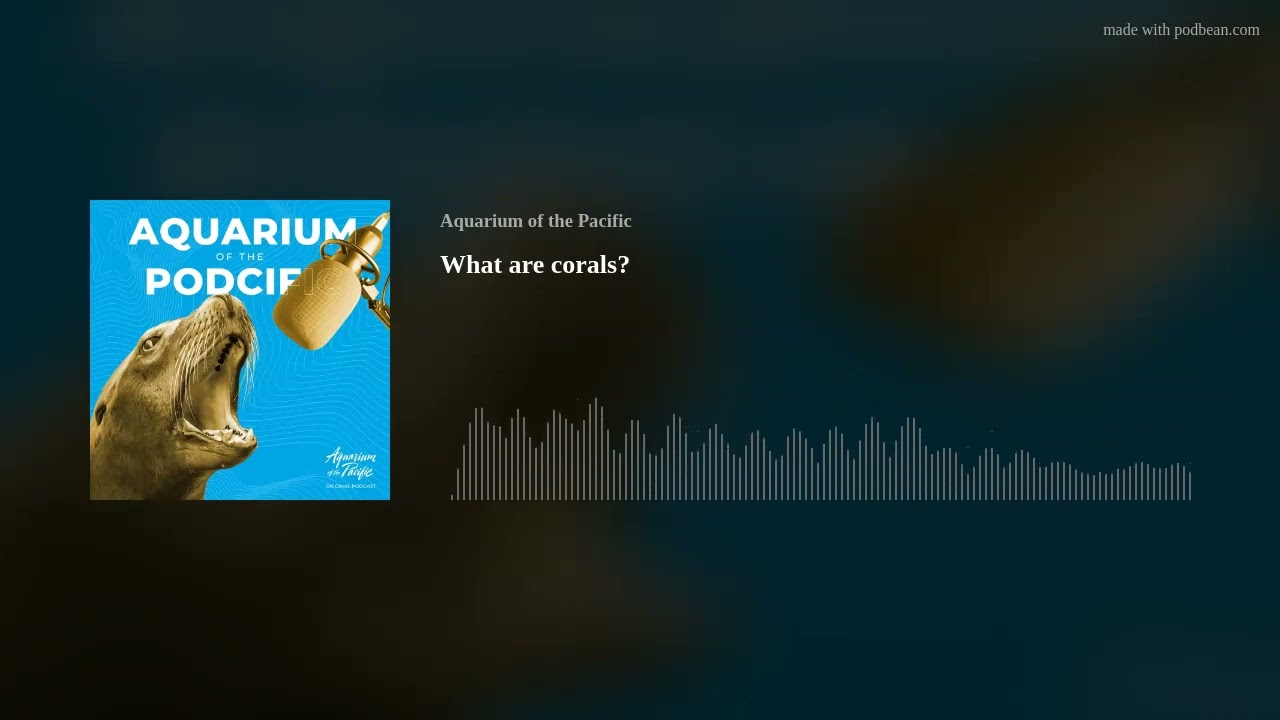- Understand the biological and ecological role of corals in marine ecosystems.
- Learn about the threats facing corals and their impact on biodiversity.
- Explore conservation efforts and the role of aquariums in coral preservation.
- Discover how the Aquarium of the Pacific educates the public about corals.
- Examine the technological advancements in coral research and preservation.
Corals, the architects of marine biodiversity, play a pivotal role in oceanic ecosystems. They are not merely a singular entity but a complex collaboration between tiny animals known as coral polyps and microscopic algae. This symbiotic relationship underlies the foundation of coral reefs, among Earth’s most biologically diverse and productive ecosystems. Corals’ importance extends far beyond the boundaries of their underwater realms, influencing not only marine life but also human economies and cultures.
The threats to coral ecosystems are numerous and multifaceted, ranging from climate change-induced ocean warming and acidification to overfishing and pollution. These stressors can lead to coral bleaching, where corals expel the algae living in their tissues, causing the coral to turn completely white and die if unstressed conditions persist. The degradation of coral reefs has profound implications for the millions of species that rely on them for food, shelter, and spawning grounds.
In response to the escalating threat to coral reefs, conservation efforts worldwide have intensified. Scientists and conservationists are pioneering new techniques for coral restoration, including breeding heat-tolerant coral varieties and developing underwater nurseries to cultivate coral fragments. These efforts are critical for the recovery of damaged reefs and the preservation of marine biodiversity.
Aquariums, such as the Aquarium of the Pacific, play an instrumental role in coral conservation. They serve as educational hubs, providing the public an intimate view of coral ecosystems and their inhabitants. Through immersive exhibits and interactive programs, the Aquarium of the Pacific fosters a deeper appreciation for these complex ecosystems and the urgent need for their protection. Furthermore, aquariums are at the forefront of research and innovation in coral husbandry and rehabilitation, contributing valuable insights and techniques to the global effort to preserve coral reefs.
Advancements in technology have revolutionized coral research and preservation, offering new hope for coral reefs’ future. Cutting-edge tools such as 3D printing and genetic analysis are employed to restore coral populations and understand their resilience mechanisms. These technological solutions and traditional conservation strategies provide a multi-faceted approach to safeguarding coral ecosystems for future generations.
The Aquarium of the Pacific stands as a testament to the power of education, conservation, and technology in the fight to save corals. By promoting awareness and understanding of corals and their critical role in marine ecosystems, the Aquarium of the Pacific not only contributes to the preservation of these vital organisms and inspires action among its visitors. The ongoing efforts to protect and restore coral reefs underscore the interconnectedness of all life on Earth, affirming that the fate of human societies is inextricably linked to the health of our planet’s oceans.
In summary, corals are indispensable to the health and vitality of marine ecosystems, supporting an astonishing array of life while facing unprecedented threats. The conservation of these ecosystems is imperative, demanding a collaborative effort that spans global boundaries and disciplines. The Aquarium of the Pacific is at the vanguard of this endeavor, educating the public, advancing scientific knowledge, and fostering hope for the future of coral reefs. Through the dedicated work of aquariums and the broader scientific community, there is a path forward to protect and preserve coral ecosystems’ intricate beauty and biodiversity for generations to come.
*****
Source Description
Are they animals? Are they plants? What exactly are corals and why are they important? Aquarist Jay takes us to coral school and discusses his role in coral conservation.


